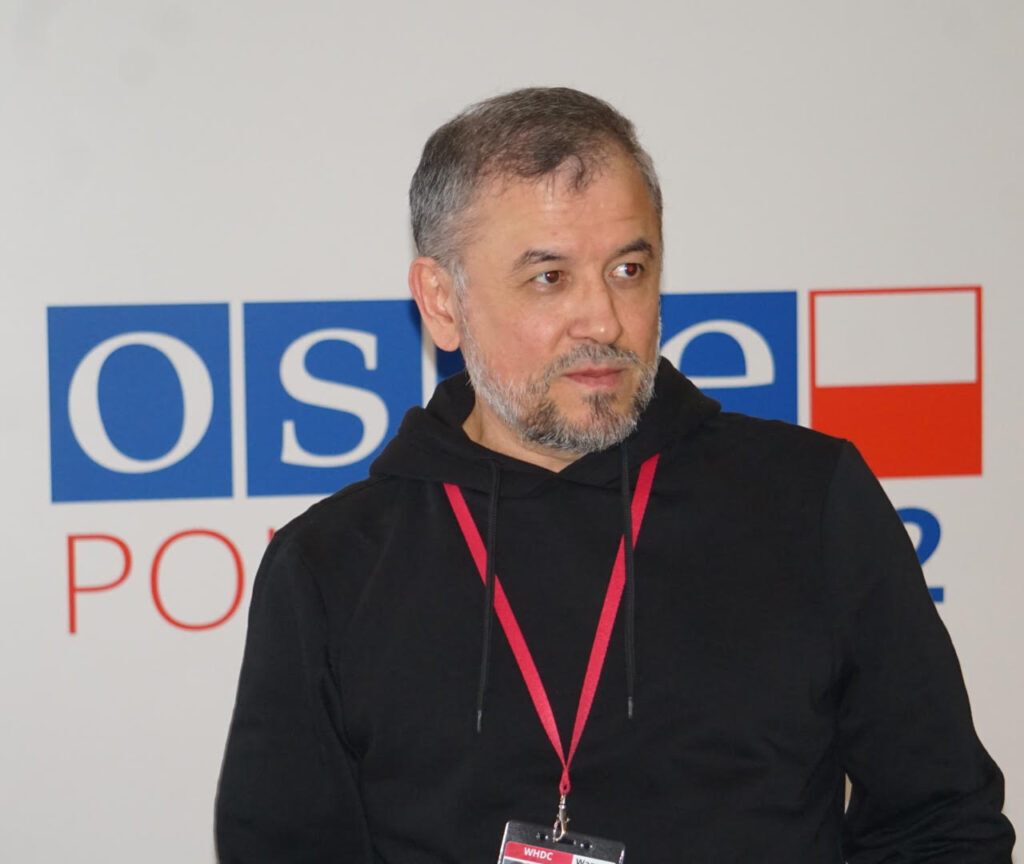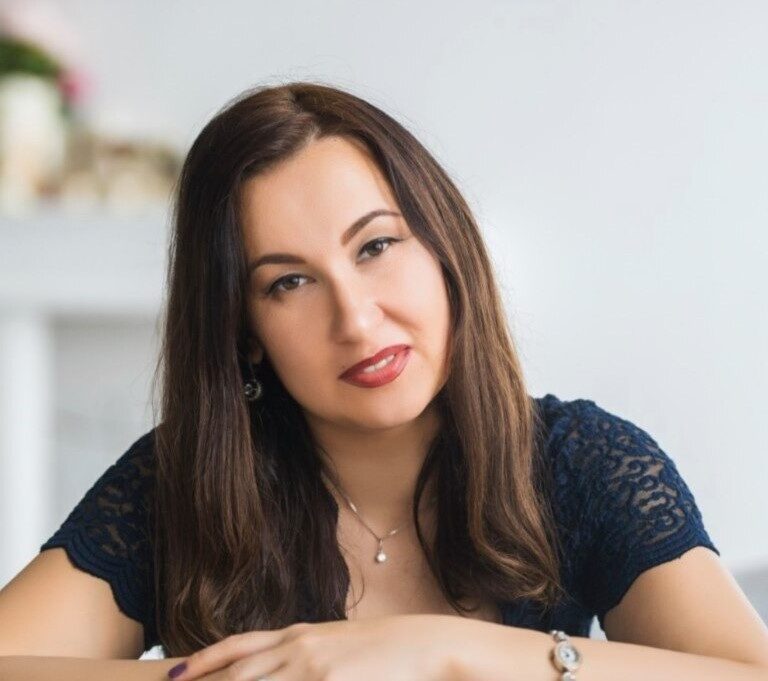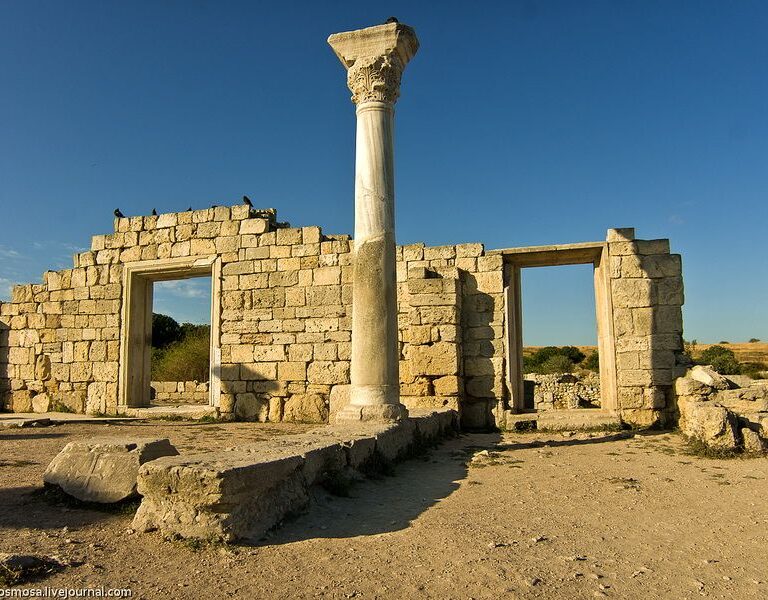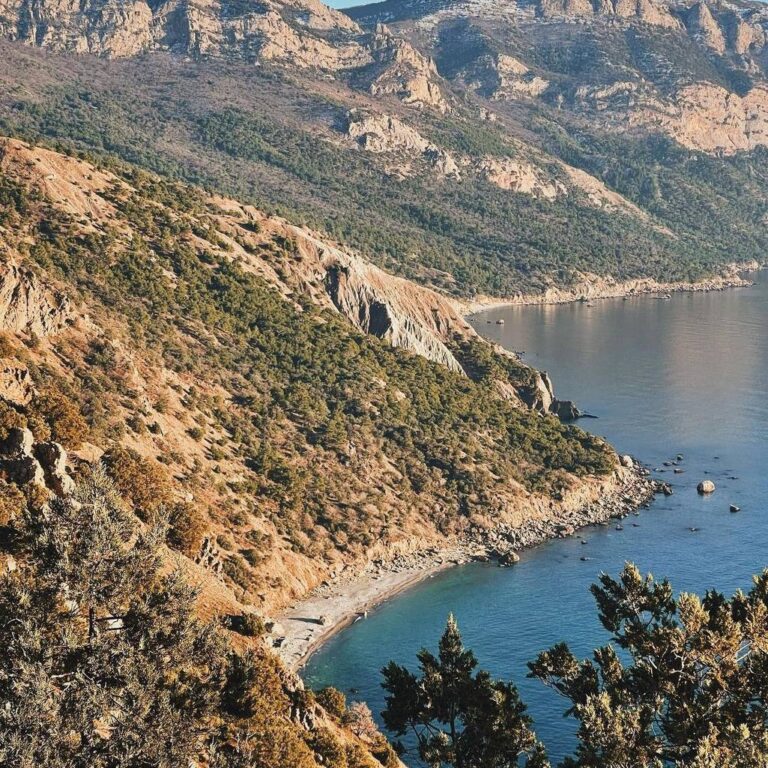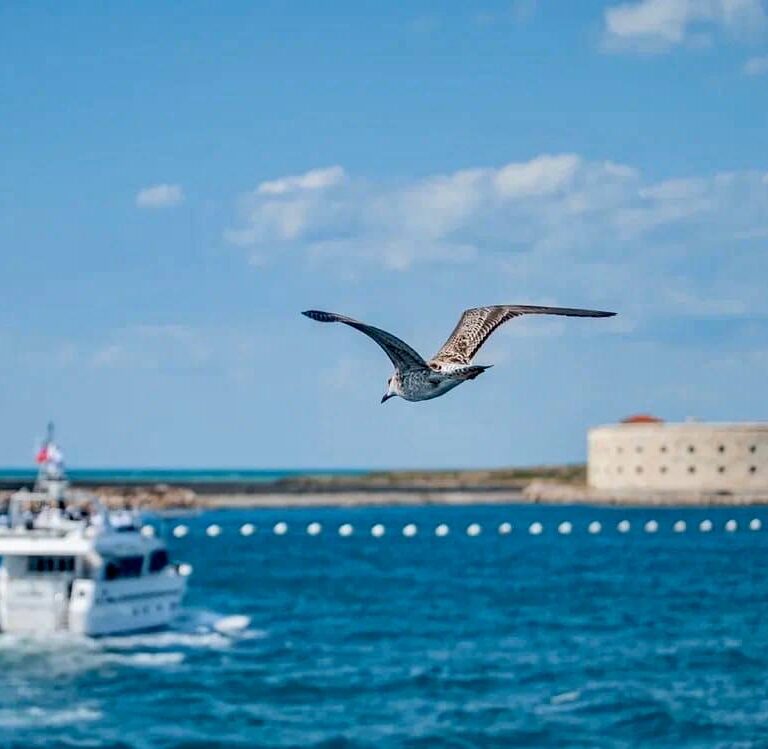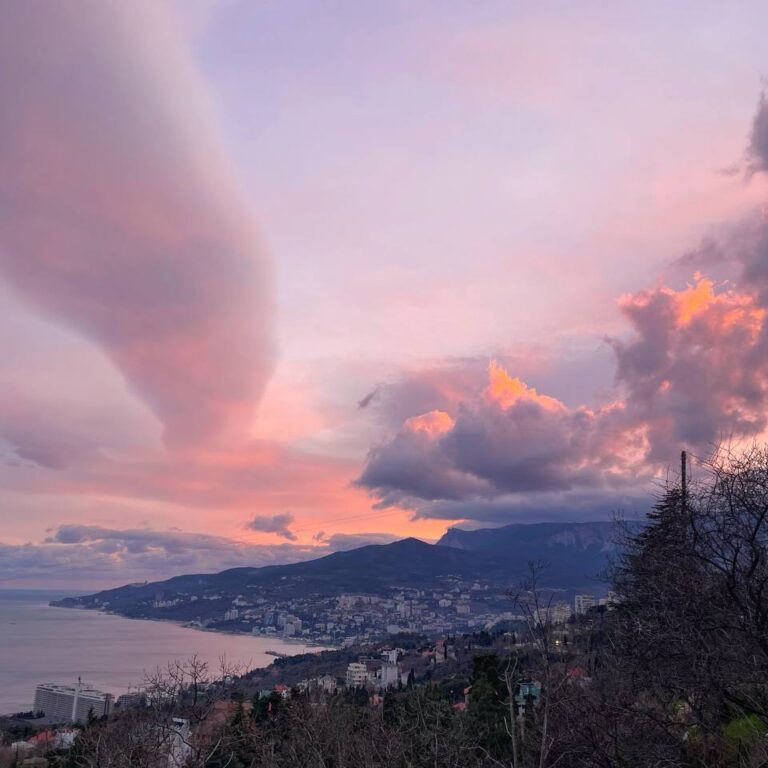In its reports and materials, the Association has repeatedly written about the Uzbek opposition’s struggle for justice in its homeland.
Hasanboy Burhanov is a human rights activist, public and political figure, one of the leaders of the Uzbek opposition and the founder of the political opposition movement “Erkin O’zbekiston” (“Free Uzbekistan”).
In 2009, the Tashkent City Prosecutor’s Office opened a criminal case against him. After Hasanboy Burkhanov’s life was in real danger, he left for Germany in the spring of 2012. In November 2013, the German authorities granted him political asylum. After Russia’s invasion of Ukraine in February 2022, speaking at international meetings and conferences, Hasanboy Burkhanov called on OSCE countries to recognize Russia as a terrorist state.
In October, Hasanboy Burhanov took part in the Warsaw Conference on the Human Dimension of the OSCE, where in a conversation with experts from our organization he confirmed the possibility of organizing an interview. The Association’s press attaché managed to directly talk to the Uzbek oppositionist via electronic communication channels.
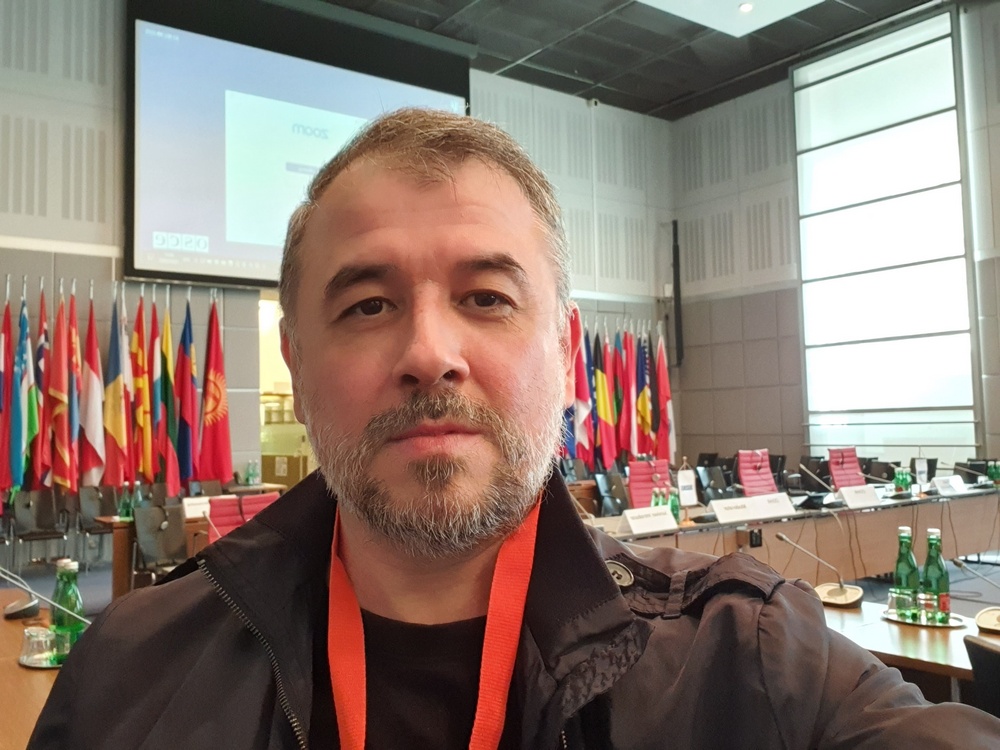
Ruslan Deremedved (R.D.) What is the situation in Uzbekistan with Russia’s promotion of the “Russian world” policy, Russian propaganda of aggression, hate speech and ethnic discrimination?
Hasanboy Burhanov: Unfortunately, not only the Russian state, but also some representatives of civil society continue to believe that for Russia, as an empire, it is allegedly “unacceptable” to weaken its influence within the borders of the former USSR as of 1991. The Kremlin still has great imperial ambitions. I would like to note that for Russia, in particular, Uzbekistan is of key importance, as is Ukraine, since for the imperialists Tashkent is the “southern gate” from Central Asia to Russia. And if the Uzbek state develops exclusively taking into account national interests, Moscow will lose influence in the region.
That is why, after Vladimir Putin came to power in Russia in 2000, his first official foreign visit was to Uzbekistan. At that time, it was stated that allegedly “destabilization in Uzbekistan would be equivalent to destabilization in the Russian Federation.” In order to strengthen its influence in the Uzbek state, on the initiative of official Moscow, the so-called “cooperation” in the field of “sports and cultural exchanges” began to develop. Moscow began to try to draw Uzbekistan into military-political cooperation by involving official Tashkent in the work of military-political and economic blocs and organizations.
The previous Uzbek leadership tried to distance itself from all sorts of integration processes with the “Putin regime.” In 2016, the Putin regime supported the candidacy of Shavkat Mirziyoyev and Russia’s influence increased significantly. The Russians began to use criminal structures to popularize sports and cultural figures in Uzbekistan. Among them was the criminal authority Salimbay Abduvaliev. And delegations from Russia came to him almost every day. Thus, with the help of agents of influence in our country, Moscow spread the ideology of the “Russian world”, using the so-called “soft power” “in a less aggressive form”. Subsequently, this activity acquired a more aggressive character. The Kremlin began to finance Uzbek non-governmental structures, as well as the media, thereby creating a tense situation in order to “raise the degree” of discontent among the people with the current government. Since the country has many problems, including social and energy ones, the people are really dissatisfied. And most importantly – very high corruption. Taking into account these nuances, Russians began to support those structures that oppose those, let’s say, pernicious phenomena that exist in Uzbekistan, and thereby raise the “degree of tension”.
R.D. What can you tell us about the processes of exporting mercenaries for combat operations and labor for military needs to the occupied territories of Ukraine, including Crimea, from Uzbekistan by Russia and Russian-controlled structures? What challenges exist for such people?
Hasanboy Burhanov: The entire world community needs to understand one truth: Russia is a terrorist state. We have repeatedly spoken about this at global venues. And we are very glad that many people have already understood this. At the same time, the terrorist “Putin regime” is waging a hybrid war not only against Ukraine, neighboring countries, but also throughout the world. Therefore, in order to achieve their goals, many national diasporas have been created under the auspices of the Kremlin, including the so-called “Uzbek” ones, whose representatives are from Central Asian countries and other regions, but are actually citizens of the Russian Federation.
This audience is quite broad, they do some work with migrants. Labor migrants, in most cases, are not aware of their rights and are legally illiterate. Given this, they are easily manipulated. This category of people, unfortunately, is numerous. Russian authorities, including special services, use this category to send voluntarily or forcibly to the occupied part of Ukraine, including Crimea, to perform certain tasks. At the same time, pro-Russian national diasporas, through their agents, promote easy access to unsecured microfinancing among migrants.
The second stage is at the stage of processing documents for migrants to ensure their “legal stay in Russia.” At this time, the migrants’ documents are in the hands of third parties, and the information base goes to specific fraudsters from the aforementioned diasporas, who have the opportunity to issue fictitious loans using such documents. The migrant not only does not know that a loan has been issued in his name, but also does not suspect the amount – up to a million Russian rubles. The migrant finds out about this after he crosses the border, at which point a ban on leaving is imposed. Naturally, such a migrant does not have the opportunity to pay such a large sum, so he is detained and kept in a special detention center until his issue is resolved. At this stage, professional Russian recruiters and representatives of the Ministry of Defense begin to work with such migrants.
The migrant hears that the microloan issued in his name increases over time due to late payment, so there are supposedly “only two options”: go to prison or go fight in the ranks of the Russian armed forces in Ukraine. At the same time, the second option supposedly assumes “the possibility of paying off the loan, earning additional income and obtaining Russian citizenship.” Unfortunately, in such a situation, under the pressure of a financial problem, a person cannot make the right decision, since he is deprived of information and legal support.
Thus, a huge number of people are forcibly recruited into the Russian army, participating in an adventure – Russia’s aggressive war against Ukraine. There is another way – through construction companies that recruit migrants for the construction of allegedly civilian facilities in the occupied territories of mainland Ukraine or in Crimea. After arriving at the place of work, their documents are taken away and they are assigned to work on the construction of trenches, dugouts and other structures. But at the same time, people are not informed about the legal consequences, including illegal entry into the territory of Ukraine. In this way, migrants become accomplices of Russia’s aggression. In the end, such migrants are deceived further: they are simply not paid their wages
R.D. Do you think that provocations by Russians similar to the “Crimean Spring” are possible in Central Asia? What do you think are the Kremlin’s immediate and medium-term plans in Uzbekistan?
Hasanboy Burhanov: Not only do such plans exist, attempts to implement them have already been made, for example, in Karakalpakstan in July 2022. Taking advantage of the situation when the Uzbek authorities removed the provision on the sovereignty of Karakalpakstan from the constitution, Russian propagandists, with the support of special services and agents of influence, provoked centrifugal processes in the country. One cannot help but take into account what the “Putin regime” has achieved perfection in: propaganda and manipulation, provocations and subversive actions in neighboring countries.
Yes, the Uzbek authorities acted incorrectly by depriving the Karakalpaks of the opportunity to be recognized as an autonomous entity, but what happened in Karakalpakstan was done to exert political influence on the leadership of Uzbekistan and to launch processes to restore the so-called “great union state,” which we call a “mafia empire” within the borders of 1991 and, perhaps, even wider. Such plans still exist in the Kremlin, and we believe that in the near future they will try to provoke not only in Uzbekistan, but also in other Central Asian republics.
R.D. After 1944, Uzbekistan became a place of residence for hundreds of thousands of deported Crimean Tatars, some of whom returned to Crimea after 1989. A number of countries have recognized the deportation of the Crimean Tatars as genocide. How does Tashkent assess the deportation of the Crimean Tatars and its consequences, including the current repressions?
Hasanboy Burhanov: This is a great tragedy and pain for the Crimean Tatar people. I have many friends and acquaintances among the representatives of this people, we maintain relations. The Crimean Tatars have once again lost their homeland – this is a fact and there is no getting away from it. Until a legal and political assessment is given to the crimes of the communist regime, which committed genocide of peoples not only in Crimea, but also of representatives of other nations, including small peoples, the problem will not be removed from the agenda.
The world community must clearly assess: the communist regime of the Soviet Union was terrorist and guilty of organizing the genocide of the peoples of the North Caucasus, the Volga region, Central and Middle Asia. This is a huge number of people. The archives must be opened. But this will happen only after the Putin regime is completely destroyed and an international tribunal is held over it. Of course, the forced displacement of significant groups of people in a short period of time is one of the types of genocide, which our friends and co-religionists, the Crimean Tatars, went through. And we will raise this issue, we say that not only European countries should recognize the genocide of the Crimean Tatar people, but I am sure that Muslim countries should also recognize it, including Turkey and the countries of Central Asia, since they are the closest peoples in ethnic and religious terms. And it would be illogical for Europe to talk about the genocide of the Crimean Tatars, and the Central Asian countries to remain silent. And the Ukrainian authorities must lobby this issue in the international arena. Against the backdrop of the war, we must not forget about the Crimean issue, which is very relevant for the planet.
R.D. What can you tell us about the circumvention of sanctions imposed on Russia through Uzbekistan, including their “Crimean packages”? Does the Russian Federation conduct its financial flows through Uzbekistan and does it carry out the movement of weapons in the region?
Hasanboy Burhanov: I do not have accurate and complete information on the “Crimean packages”. But, there is the fact that the Uzbek authorities and the regime existing there today, unfortunately, fully support Russia’s aggressive war against Ukraine. Representatives of the Uzbek Foreign Ministry declare the so-called neutrality of their country, while official Tashkent provides its territory for the transportation of weapons, helping Russia to circumvent international sanctions. It is enough to recall the well-known and “beloved” oligarch of Vladimir Putin, Alisher Usmanov, who lives in Uzbekistan and is already participating in such processes of circumventing sanctions through completely different financial structures.
In addition, after the start of Russia’s full-scale war in Ukraine in February 2022, a large number of Russian citizens moved to Uzbekistan, among others. Among them, representatives of Russian business structures also moved. These Kremlin structures take advantage of the favorable legal situation in Uzbekistan, provide financial and military support to the Russian army, and purchase the necessary technologies for it. This is a very pressing issue. In 2023, new microchips and technologies for long-range missiles appeared in the United States, we were talking about navigation systems, and two months later these technologies were in Russia. When specialists tracked the transportation route, Uzbekistan was among the transit points: without unpacking the goods, they were simply forwarded to Russia in Tashkent. We would like independent media to disseminate such information as much as possible, because our opposition voice of “Free Uzbekistan” is unfortunately not heard so well.
